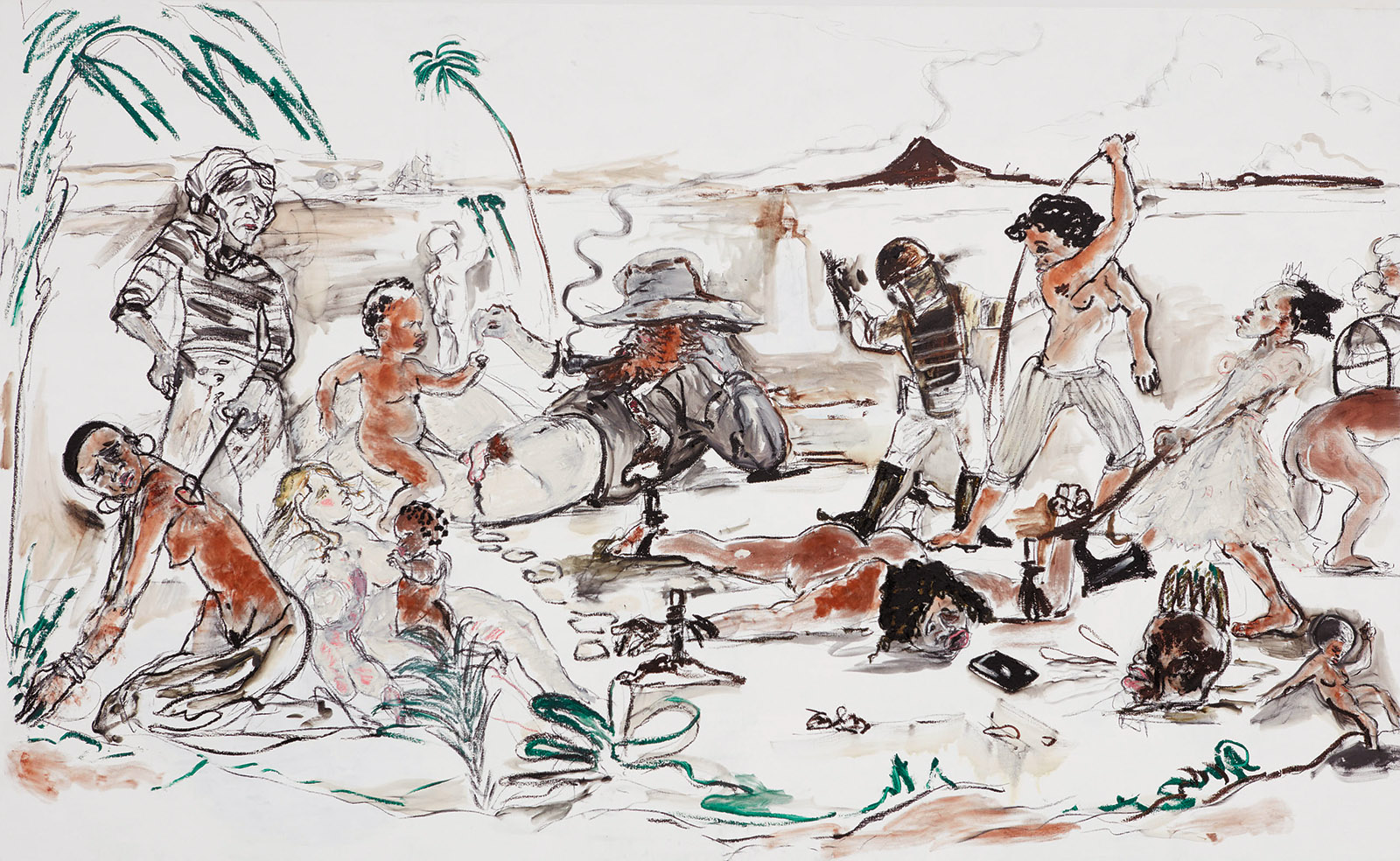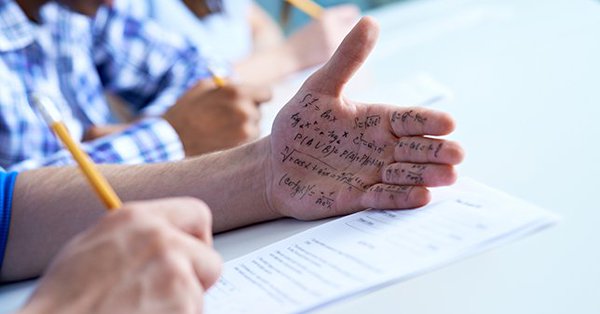The last few days we have been enjoying a mini getaway to Whistler, BC, a trip that has included much snow, fireside treats, dips in thermal spa waters, and a planned visit to the recently opened Audain Art Museum (I posted several images on my Instagram to give a sense of the space and collection). As an international travel destination, Whistler attracts tourists from around the globe, and the new art space has been created to house the private art collection of Michael Audain and his wife Yoshiko Karasawa. What struck me most as we moved through the building was careful attention to how the contemporary and very MoMA-inspired architecture interacted with the natural environment surrounding it. Considering that the collection mostly consists of modern and contemporary Canadian and First Nations art (heavy on Emily Carr and early twentieth century First Nations carvers, together with a who's who of BC art stars of the past several decades), the juxtaposition between visual art objects and the Canadian "wilderness" has to be carefully considered. I am still pondering how successfully this museum navigates the terrain (there are many problematic dimensions to any art collection) but I do think it would be great to see more art museums built and supported outside of urban centres. Enjoy the links and enjoy the remainder of the long weekend!










- Boris Groys,Towards a New Universalism
- Kazuo Ishiguro: ‘Write What You Know’ is the Stupidest Thing I’ve Ever Heard
- How the Myth of the Artistic Genius Excuses the Abuse of Women
- Inside the Underground World of Legal Art Forgery
- Facetime with Cindy Sherman: The Artist on Her "Selfie" Project for W
- Everything you need to know about the MET Exhibition 2018
- Britney Spears, Artist, Sells Her First Painting for $10,000
- Alias Grace Is True Crime Through the Female Gaze
- Pipilotti Rist: Sip my Ocean / Museum of Contemporary Art Australia, Sydney (VIDEO)
- Is the Art Market Irrational? (PODCAST)






































